The Fidesz faction leader in the Capital City Assembly questioned how Budapest, under Mayor Gergely Karacsony, became a hub for organizations receiving USAID support. She noted the global liberal establishment's shock when the new U.S. administration cut funding. Szentkiralyi suggested that supported organizations might have used USAID funds not only for charitable or development purposes but for political influence and creating social tensions.
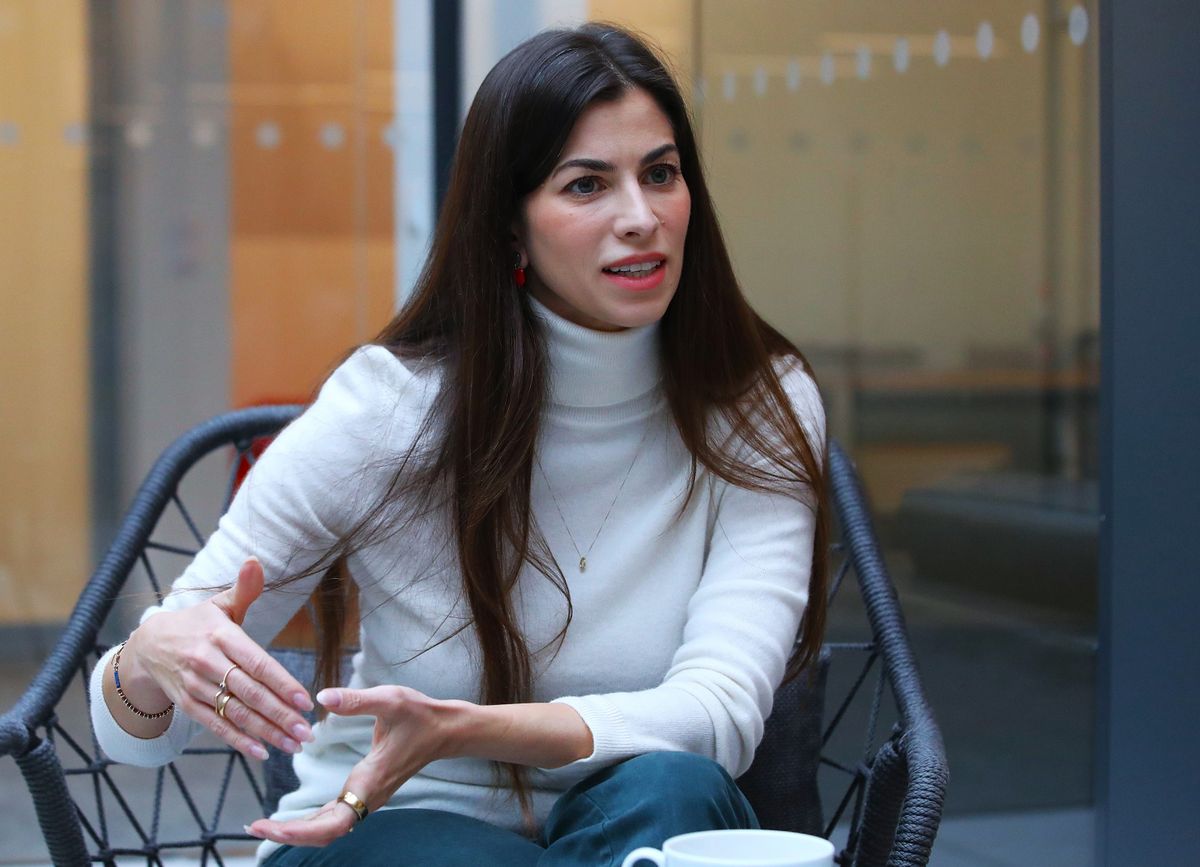
Demanding Transparency from Mayor Karacsony
The Assembly's Fidesz group is proposing a motion requiring Budapest Mayor Karacsony to disclose details of his administration's cooperation with USAID-funded organizations. The politician has no illusions, but is counting on Assembly Members who otherwise regularly talk about the importance of transparency.
said Szentkirályi. She described foreign influence for money as political corruption and a danger to Budapest's governance.
"If city leaders represent foreign interests instead of Budapest residents, it’s very dangerous," she stressed. "We cannot allow Budapest to be directed from abroad. Our city's future belongs to its people, not globalist networks or Soros-funded pseudo-civil organizations."
If the Assembly rejects our proposal, it will reveal that they have something to hide. In any case we will uncover who Budapest leaders were working together with in this political corruption operation. Influence peddling is just that. It is very dangerous for the functioning of the capital if its leaders do not represent the people of Budapest but instead serve foreign interests in return for money,
Szentkiralyi, stated, voicing her concerns over the gravity of the situation.
If the city leadership continues to conceal whom they collaborated with, we will investigate the facts ourselves. We cannot allow Budapest to be controlled from abroad. Our city's future belongs to its people, not globalist networks or Soros-funded pseudo-civil organizations.
The USAID scandal revealed that opposition players have been collaborating to exert influence here, in Hungary at the behest of foreign actors.
But they turned a blind eye to it because they don't know Hungary. They should have known that it has never worked when they tried from abroad to tell Hungarians how to live,
she noted.
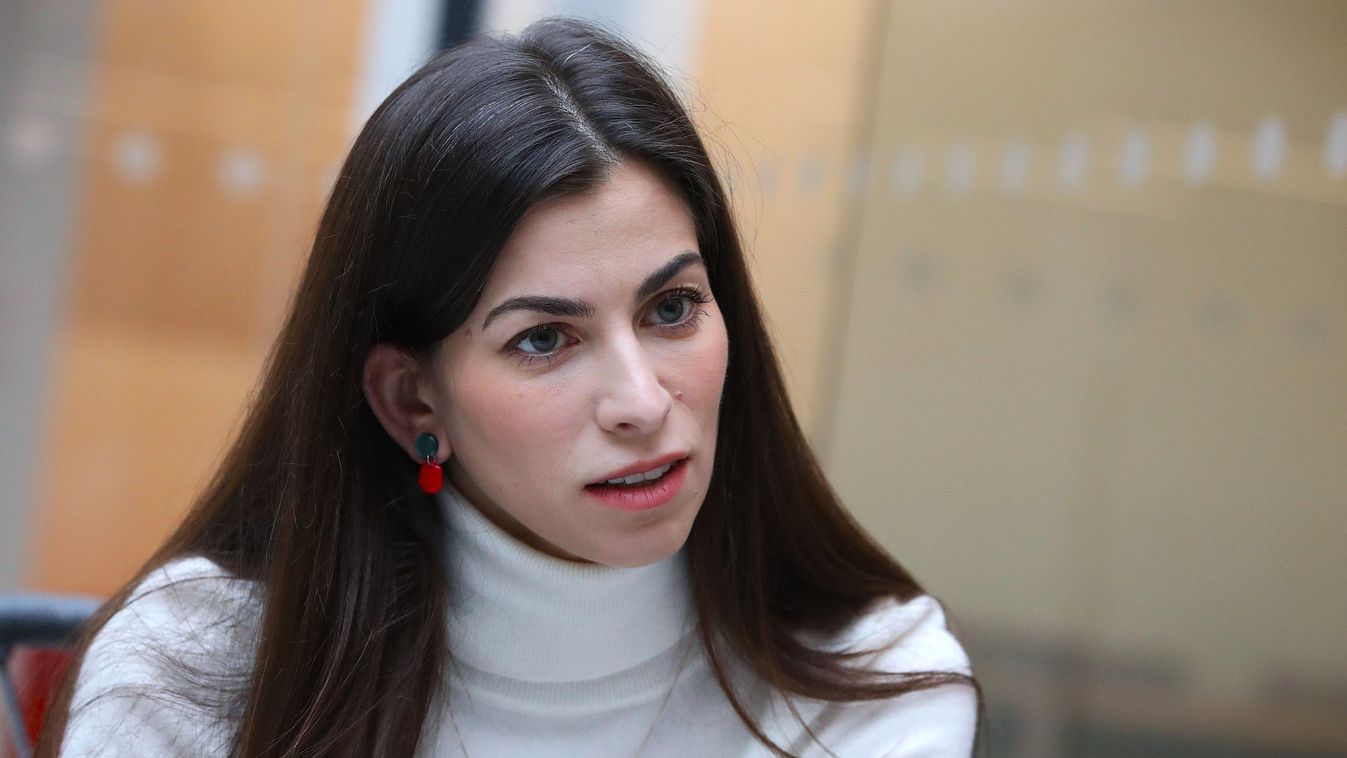
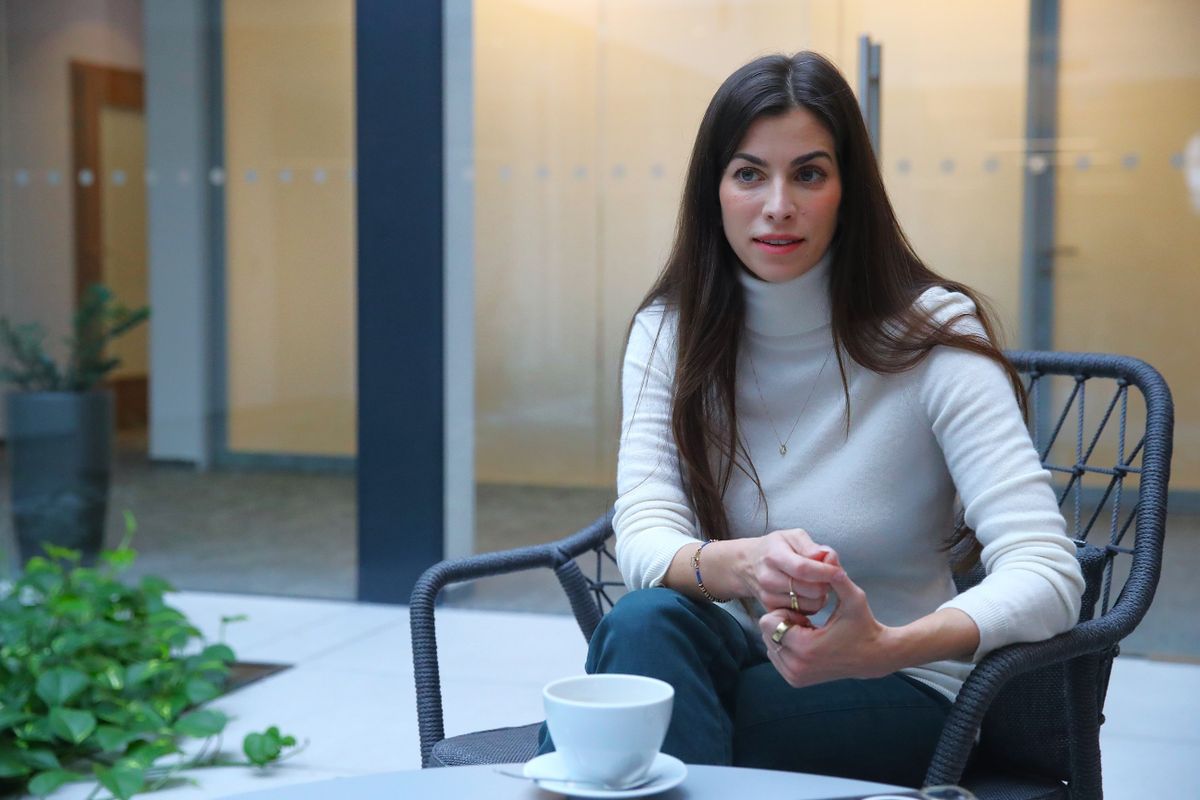
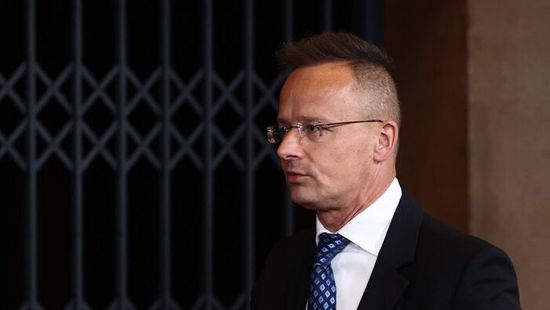
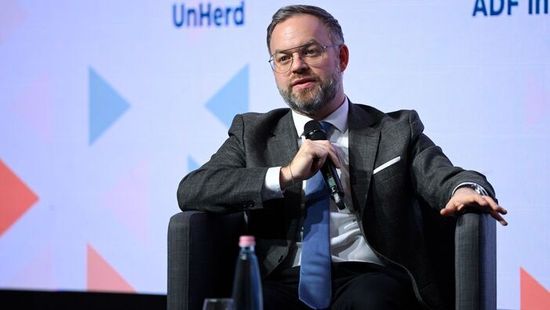

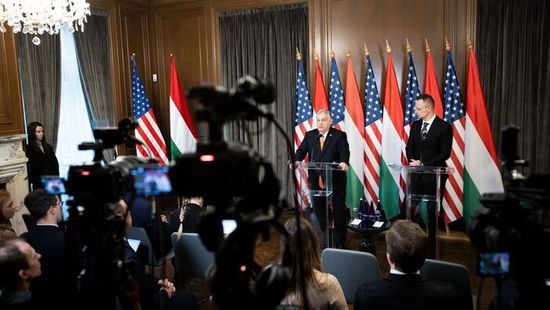



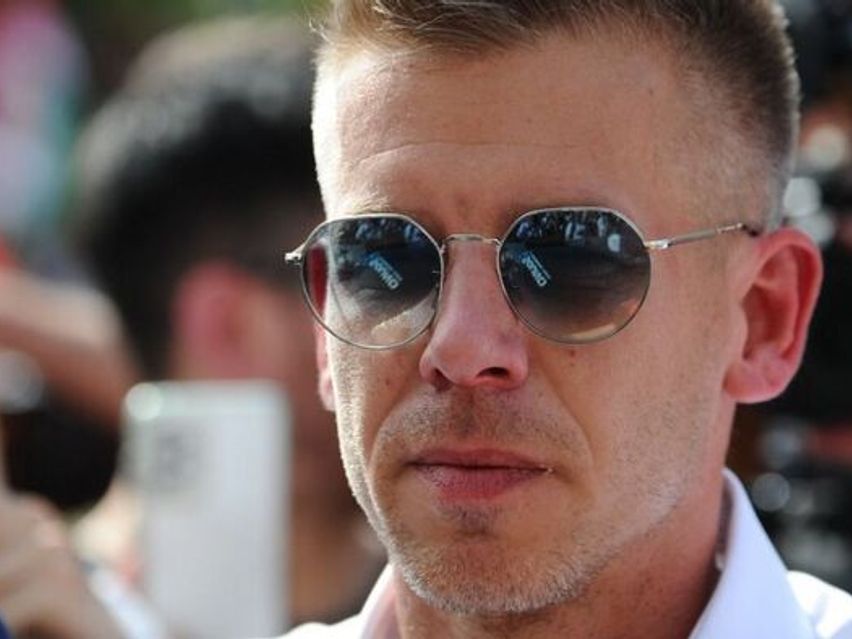


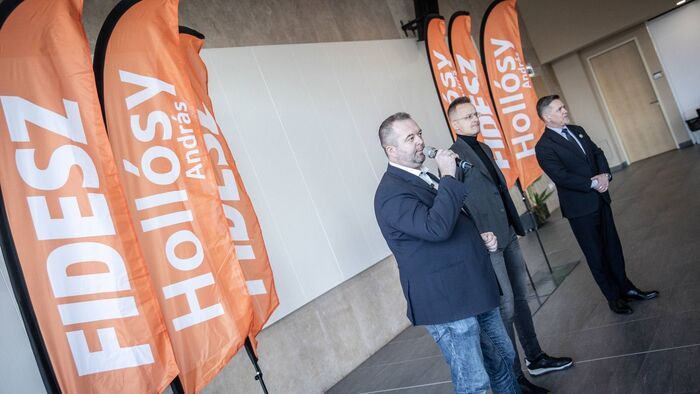

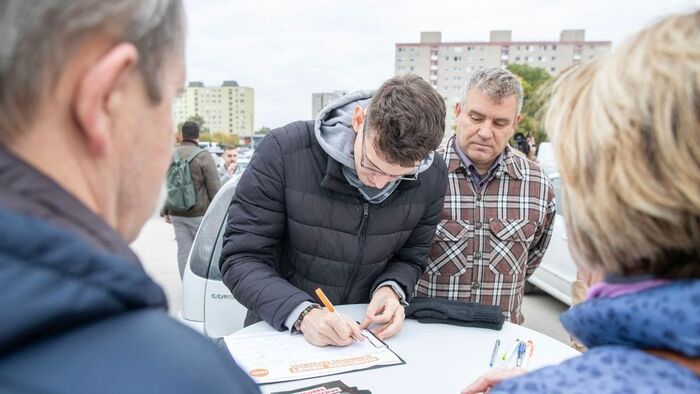
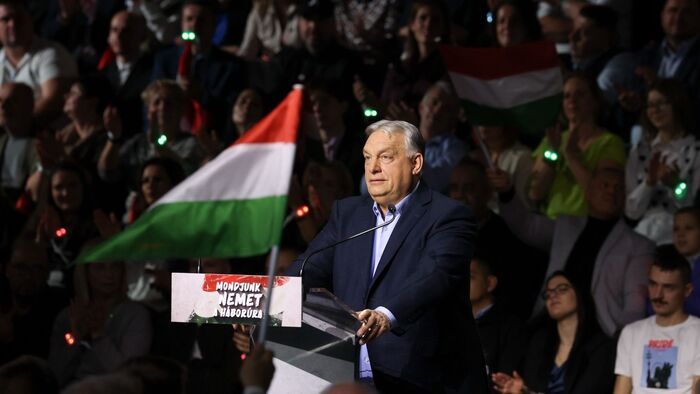
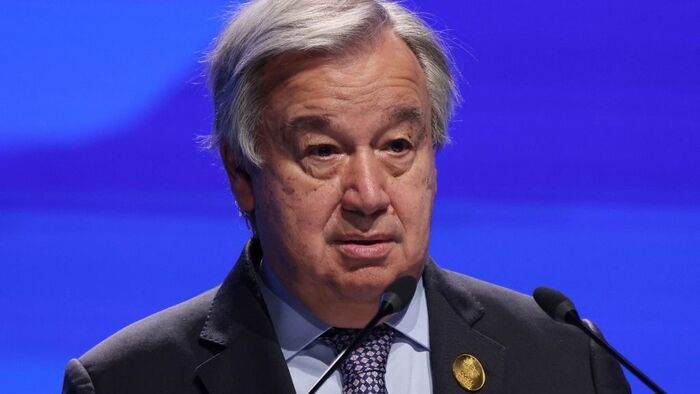
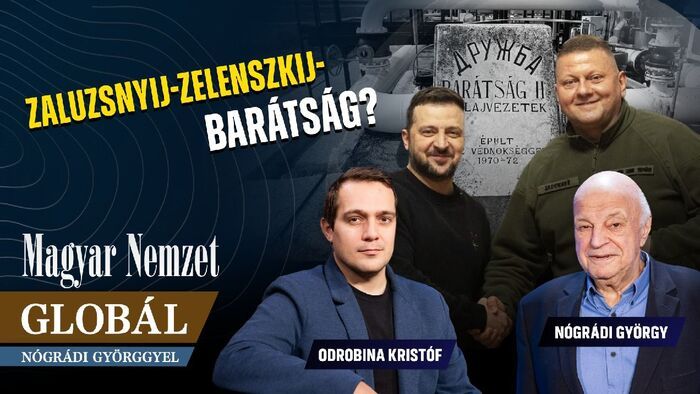
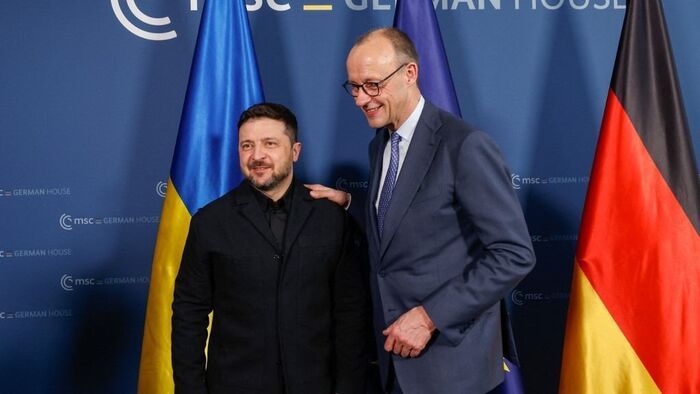




Szóljon hozzá!
Jelenleg csak a hozzászólások egy kis részét látja. Hozzászóláshoz és a további kommentek megtekintéséhez lépjen be, vagy regisztráljon!